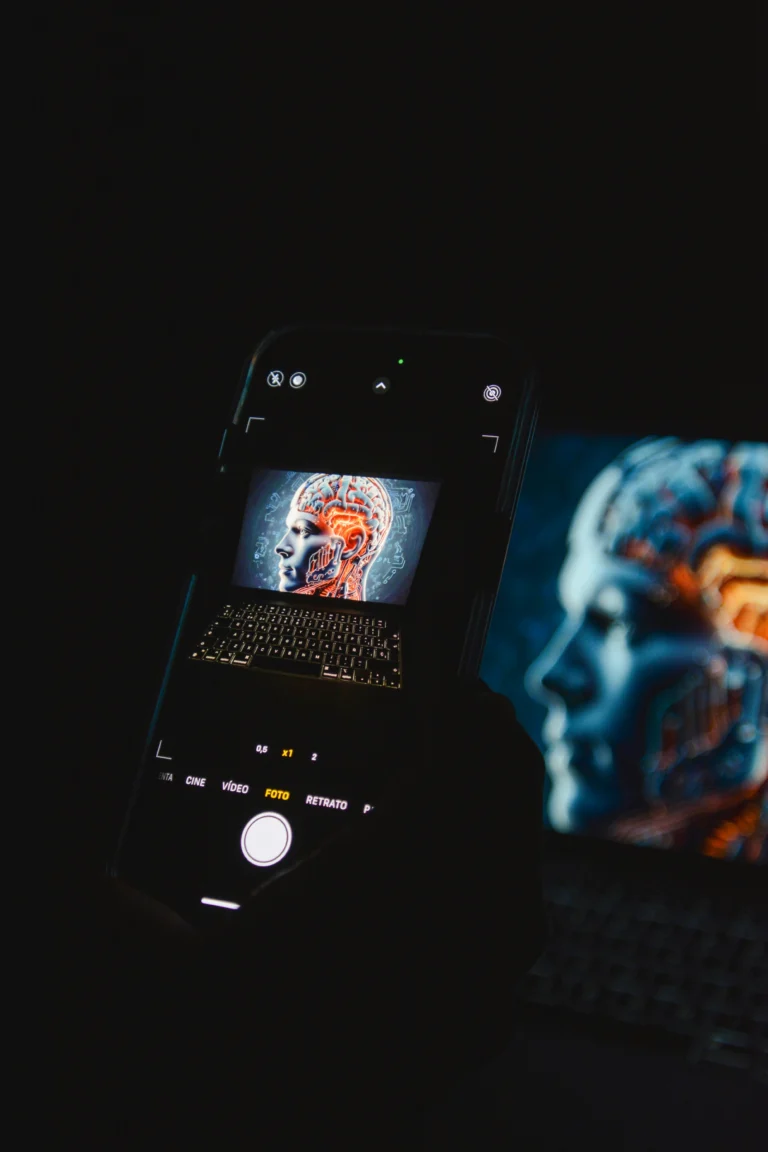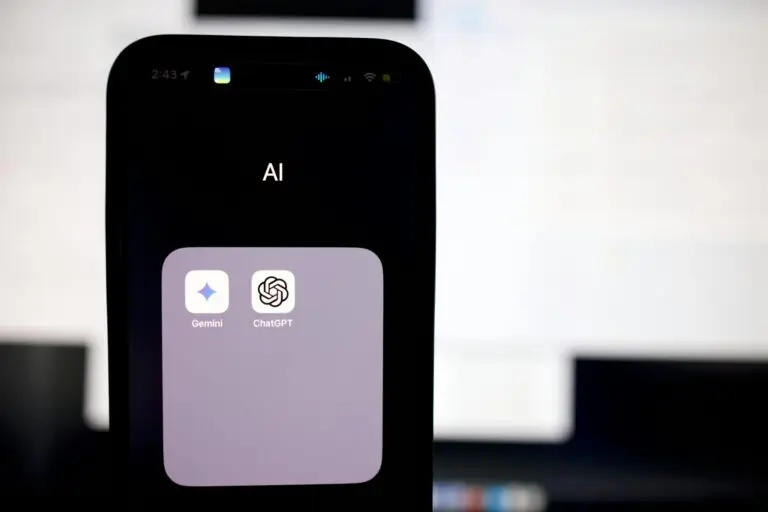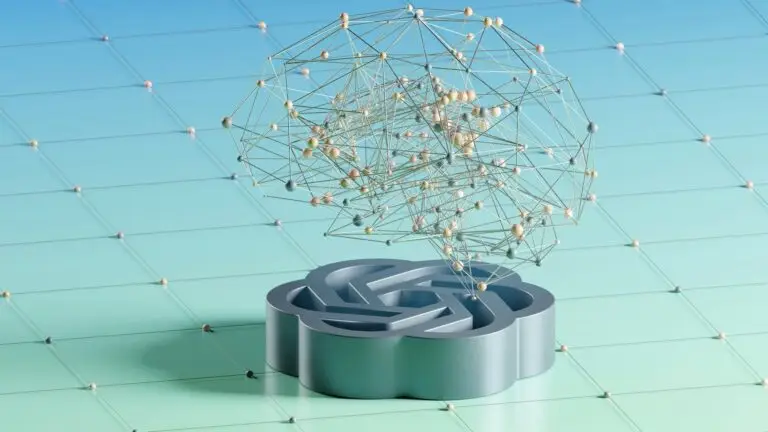Ortynska Law consults copyright owners, AI developers, and companies using Artificial Intelligence on matters of copyright and trademark protection and compliance. The services range from licensing copyright works to AI companies to supporting development and commercialization. With a deep understanding of both traditional copyright concepts and the current technological advancements, Mariya Ortynska delivers licensing agreements tailored to the Artificial Intelligence industry and confidence that your endeavors are in compliance with the latest updates in the law.
Counseling in AI Industry
Ortynska Law advises AI developers on applying trademark and copyright law while using content for AI tool training. The counseling practice includes recommendations on copyright compliance, fair use, and acquisition of AI datasets.
Contracts in AI Industry
Ortynska Law negotiates and prepares licensing agreements for copyrighted works used in generative training AI models, end-user licensing agreements for AI tools, service level agreements for AI services, and other related agreements.
Title
Description
Title
Description
Frequently Asked Questions
Firstly, you should define your business model (how your AI business will function) and build a legal model in accordance with the business model. One of the most frequently asked questions about the use of generative AI is copyright. For example, scraping other copyrighted objects (books, articles, music) may be considered a copyright infringement, and you need to obtain a license from the copyright holders to scrape.
Also, if you have an AI tool that you will provide users with access to, you will need to prepare terms of use and privacy policy that will take into account your business model and aspects of your liability, and in most cases, disclaimers of liability for the results generated by artificial intelligence.
Contracts with developers who create a computer program and interface are equally important when developing an AI program. If they are employees, it is important to understand that they are covered by the work-for-hire regime, and if they are individual contractors, it is important to stipulate that you are transferring the relevant copyrights.
Like most businesses, an AI business will use some kind of trademark (sometimes just a word mark, sometimes a word mark and a logo), and it is advisable to register them. If the AI tool is available in several countries, then it is worth considering not only registering the trademark in the United States, but also in other countries.
You can use AI tools for your business under certain conditions:
- You do not violate the ethical and legal standards of your professional activities. For example, some jurisdictions restrict the use of artificial intelligence by lawyers or require compliance with relevant rules and ethical standards.
- You do not violate the terms of the AI-tools license.
- You do not violate the rights of third parties, particularly the copyrights of third parties.
- You do not violate contractual or other obligations. For example, if your agreement with a client requires that the information they provide to you is confidential, then using this information in an AI tool may be a breach of confidentiality.
If the use of AI tools is part of your business, it is advisable to consult with a lawyer on these and other aspects of using artificial intelligence and minimizing risks.
It is best to determine which works by which authors you plan to use, whether these works are protected by copyright or whether they are in the public domain, who owns the rights, and then apply for a license accordingly. Be sure to indicate how you intend to use the works in your application.
Getting in touch with each copyright owner can be a time-consuming process, so in some industries, it is possible to contact platforms, associations, or other organizations authorized to represent copyright owners.
Note that if a work is on the Internet, this does not mean that you can use it for scraping with artificial intelligence without the appropriate permission.
If you are the copyright owner and will grant permission to use your works to the AI platform, include the type of license (non-exclusive or exclusive) in the agreement, specify the work or works for which you grant permission to use, the territory (US, Canada, or, for example, worldwide), permitted and prohibited use, warranties and disclaimers, and other necessary provisions.
It depends on what amount of content in one work that was created by a person and by AI, as there is a human authorship requirement. This means that for the content to be protected under copyright law, it needs to be created fully or to a significant extent by a human. For example, a novel created by an AI tool based on the user’s prompt cannot be protected by copyright.
You can learn more on this in the article: Copyright Protection of AI-Generated Content
Yes, when filing a copyright application, you should disclose AI-generated material due to the duty to disclose. The duty to disclose information applies when part of the AI content exceeds the minimum level (de minimis) according to the Feist Copyrightability standard. For example, using an AI tool to edit lightning in the picture falls under de minimis, but using an AI tool to generate a blog post while changing only punctuation is considered above de minimis, meaning that such a blog post could not be protected under copyright law.
First of all, assess whether the part of the AI-generated content is more than de minimis under the Feist Copyrightability standard. If you understand that you should have disclosed such information, you shall correct the application accordingly. You can submit a supplemental registration if the work is already registered. Failure to disclose may result in the cancelation of the registration.


